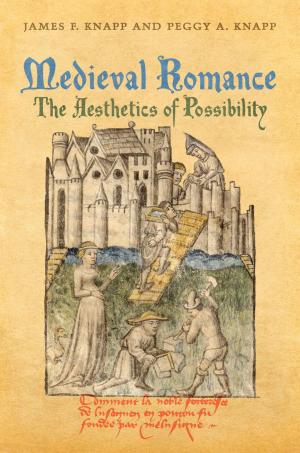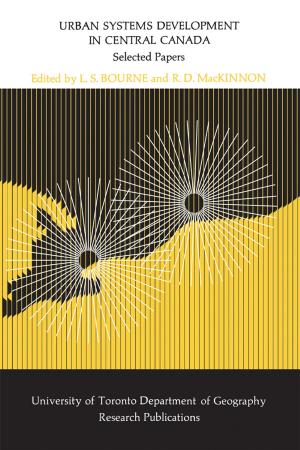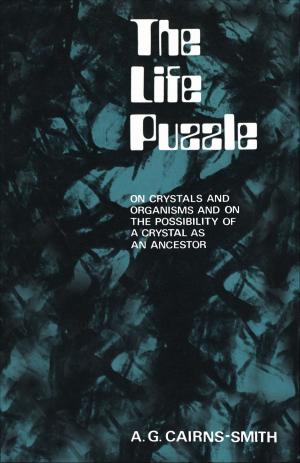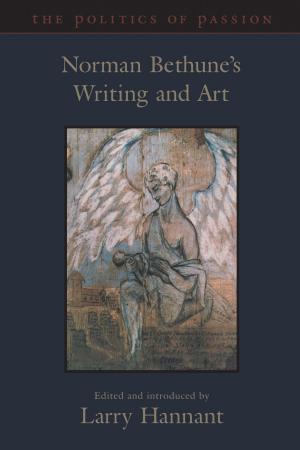The Laughter of the Saints
Parodies of Holiness in Late Medieval and Renaissance Spain
Nonfiction, History, Spain & Portugal| Author: | Ryan D. Giles | ISBN: | 9781442697096 |
| Publisher: | University of Toronto Press, Scholarly Publishing Division | Publication: | October 31, 2009 |
| Imprint: | Language: | English |
| Author: | Ryan D. Giles |
| ISBN: | 9781442697096 |
| Publisher: | University of Toronto Press, Scholarly Publishing Division |
| Publication: | October 31, 2009 |
| Imprint: | |
| Language: | English |
Between the fourteenth and seventeenth centuries in Spain, a large number of parodic works were produced that featured depictions of humourous, satirical, and comical saints. The Laughter of the Saints examines this rich carnivalesque tradition of parodied holy men and women and traces their influence to the anti-heroes and picaresque roots of early modern novels such as Don Quixote.
The first full-length treatment of the ways in which Spanish writers imitated religious depictions of saints' lives for comic purposes, Ryan D. Giles' erudite study explores the inversion of oaths, invocations, pious legends, and liturgical devotions. Analyzing a variety of texts from Libro de buen amor, to later works such as the Celestina, Carajicomedia, Lozana andaluza, and Lazarillo de Tormes, Giles not only sheds light on Golden Age Spanish literature, but also on the origins of the comic novel. A well-argued and convincing work, The Laughter of the Saints reveals the uproarious results of the collision of official and unofficial methods of storytelling.
Between the fourteenth and seventeenth centuries in Spain, a large number of parodic works were produced that featured depictions of humourous, satirical, and comical saints. The Laughter of the Saints examines this rich carnivalesque tradition of parodied holy men and women and traces their influence to the anti-heroes and picaresque roots of early modern novels such as Don Quixote.
The first full-length treatment of the ways in which Spanish writers imitated religious depictions of saints' lives for comic purposes, Ryan D. Giles' erudite study explores the inversion of oaths, invocations, pious legends, and liturgical devotions. Analyzing a variety of texts from Libro de buen amor, to later works such as the Celestina, Carajicomedia, Lozana andaluza, and Lazarillo de Tormes, Giles not only sheds light on Golden Age Spanish literature, but also on the origins of the comic novel. A well-argued and convincing work, The Laughter of the Saints reveals the uproarious results of the collision of official and unofficial methods of storytelling.















